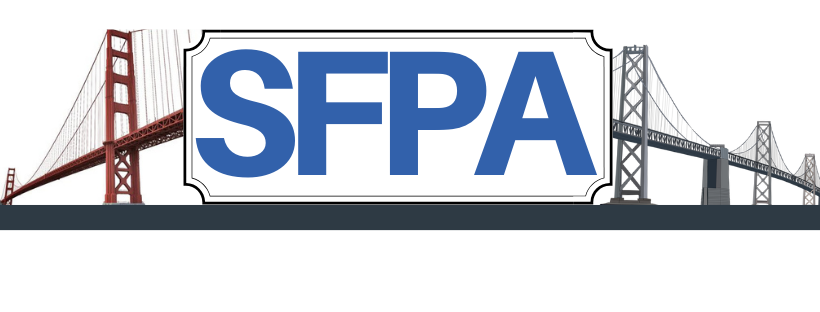Below is her winning essay:
Limited License Legal Technician Program
In the medical field, there are physician assistants and nurse practitioners who can offer limited medical diagnosis and treatment without a medical degree. So, why shouldn’t there be a category of legal professionals who can offer legal advice in certain situations who aren’t licensed attorneys?
California is facing an access to justice crisis, where many people are increasingly unable to afford legal help. Although legal aid, pro bono service and court-employed family law facilitators try to fill this gap, too many people need legal assistance and simply cannot afford it at today’s legal market rates; thus, many are often forced to turn to non-lawyers or self-represent because of costs.
In response, the California State Bar is considering implementation of a limited-practice licensing program that would create a new class of legal professionals who could give legal advice in certain situations. The plan is that the limited licensing program would provide legal services to clients who couldn't otherwise afford attorneys, while allowing law students and others who haven't passed the bar, such as certified paralegals, to put their skills to use.
In 2012, Washington State adopted the Limited License Legal Technician (LLLT) Rule28 [1] , which authorizes non-attorneys who meet certain educational requirements to advise clients on specific areas of law. For now it is limited to family law, but expects to roll out other practice areas soon. APR 28 allows legal technicians to select and complete forms, inform clients of procedures and timelines, review and explain pleadings and identify additional documents that clients may need.
It is certainly true that California currently allows non-lawyers to perform some legal tasks that don't constitute the practice of law, such as helping people fill out legal forms. For instance, paralegals working under the supervision of licensed attorneys (Business and Professions Code Section 6450 et seq), unlawful detainer assistants, legal document assistants (Business and Professions Code Section 6400 et seq) and immigration consultants (Business and Professions Code Section 22440 et seq) registered by county clerks or California’s Secretary of State all can assist consumers with legal needs in limited ways, short of practicing law.
The services of a LLLT would be most useful in cases concerning family law, landlord-tenant disputes, foreclosures, end-of-life planning, and general consumer issues, areas where people usually find themselves needing legal assistance and many times having to self-represent. A certified paralegal would typically have the skills needed to serve clients in these areas, including research and discovery, preparing forms, compiling documentation, interviewing, and preparing pleadings. It is not being argued for LLLTs to practice independently in criminal cases.
Thus, the time has come for the legal profession to offer consumers better access to legal services in a more affordable manner. California State Bar Board President Patrick Kelly says that doing nothing about the spiraling costs of legal services is not an option. “Despite fundamental changes in society and the needs of clients, the basic legal service delivery system we use today has not fundamentally changed for more than 150 years,” said Kelly. “It is time to re-examine how legal services are being delivered, and the State Bar’s examination of limited-practice licensing is a strong step in this direction.”
[1]Washington State Supreme Court under Rule 28 of the Admission to Practice Rules (APR), adopted September 1, 2012. APR 28 authorizes non-attorneys who meet certain educational requirements to advise and assist clients on specific areas of law.

